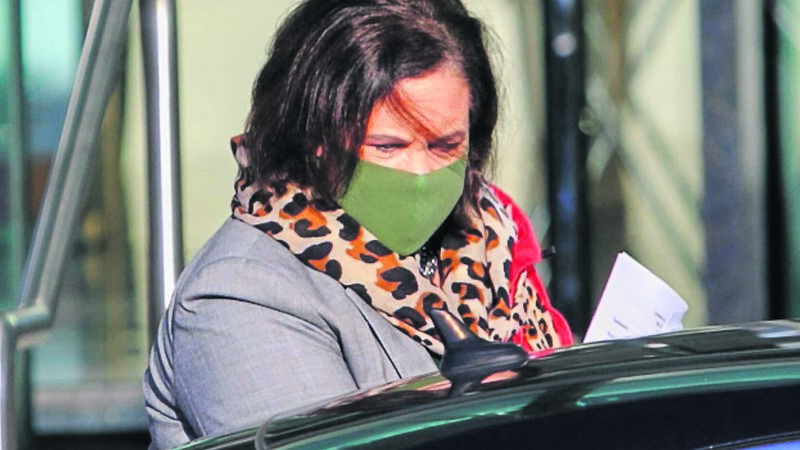Coronavirus grant scandal: Tears in the fabric of Sinn Féin cloak

Try from €1.50 / week
SUBSCRIBEThe revelation of unreturned payments into the accounts of Sinn Féin members in the North was a headache party leader Mary Lou McDonald could have done without, write Political Editor Daniel McConnell and Political Correspondent Aoife Moore.
It was a scandal that led to the resignations of four Sinn Féin members, including a senator. The party stood accused of trying to keep it under wraps.
Already a subscriber? Sign in
You have reached your article limit.
Annual €130 €80
Best value
Monthly €12€6 / month
Introductory offers for new customers. Annual billed once for first year. Renews at €130. Monthly initial discount (first 3 months) billed monthly, then €12 a month. Ts&Cs apply.
CONNECT WITH US TODAY
Be the first to know the latest news and updates
Newsletter
Keep up with stories of the day with our lunchtime news wrap and important breaking news alerts.

Select your favourite newsletters and get the best of Irish Examiner delivered to your inbox
Tuesday, February 10, 2026 - 12:00 PM
Tuesday, February 10, 2026 - 8:00 PM
Tuesday, February 10, 2026 - 7:00 PM
© Examiner Echo Group Limited